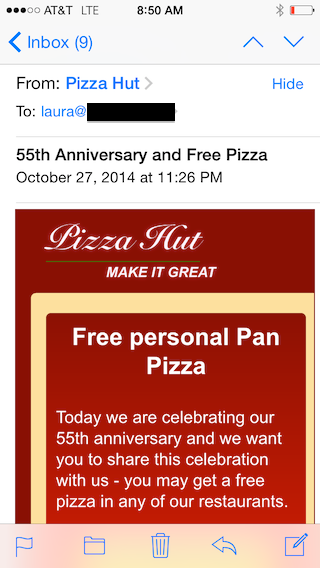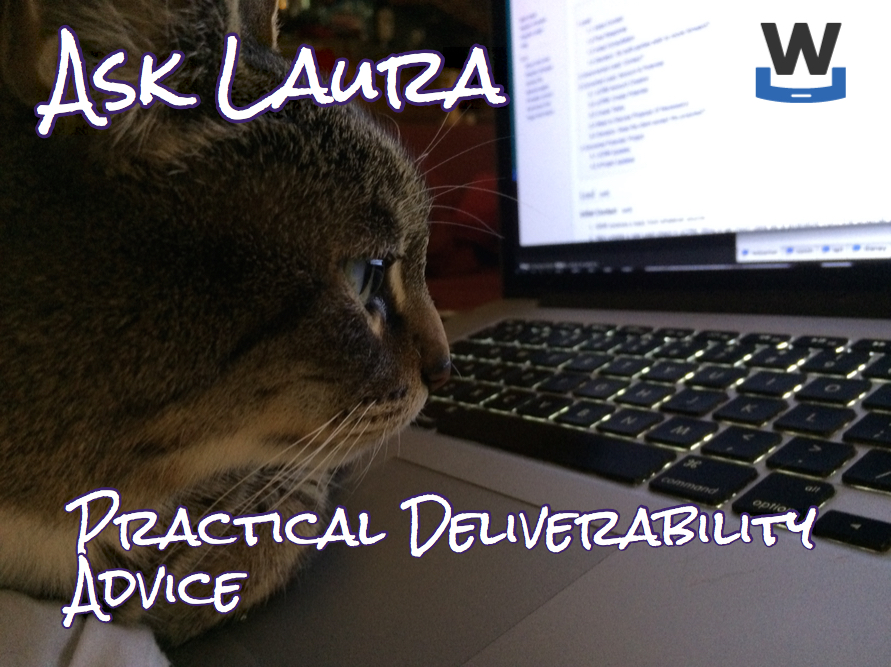Fun with opinions
Over the last few weeks I’ve seen a couple people get on mailing lists and make pronouncements about email. It’s great to have opinions and it’s great to share them. But they’re always a little bit right… and a little bit wrong.
SPF is dead!
This came from the new ESP of an experienced mailer. They were recommending not publishing SPF records because it was “an old technology.” Some discussion ensued and a wise person pointed out that the DNS record type of SPF was dead. See, when folks first started playing with SPF, the RFC said use a new DNS record type called “SPF.” This was a bit of a fail (it’s possible I referred to it as a “turd no one could sufficiently polish” during the discussion). The IETF described it thusly:
In 2003, when SPF was first being developed, the requirements for assignment of a new DNS RR type were considerably more stringent than they are now. Additionally, support for easy deployment of new DNS RR types was not widely deployed in DNS servers and provisioning systems. As a result, developers of SPF found it easier and more practical to use the TXT RR type for SPF records.
In its review of [RFC4408], the SPFbis working group concluded that its dual RR type transition model was fundamentally flawed since it contained no common RR type that implementers were required to serve and required to check. Many alternatives were considered to resolve this issue, but ultimately the working group concluded that significant migration to the SPF RR type in the foreseeable future was very unlikely and that the best solution for resolving this interoperability issue was to drop support for the SPF RR type from SPF version 1. See Appendix A of [RFC6686] for further information.
The circumstances surrounding SPF’s initial deployment a decade ago are unique. If a future update to SPF were developed that did not reuse existing SPF records, it could use the SPF RR type. SPF’s use of the TXT RR type for structured data should in no way be taken as precedent for future protocol designers. Further discussion of design considerations when using new DNS RR types can be found in
[RFC5507]. RFC7208
A little bit right… the SPF record is dead.
A little bit wrong… SPF as a protocol isn’t dead.
The good news is that the experienced mailer is on a dedicated IP and using their own domain in the return path, so they don’t need their ESP to be involved, they can publish a SPF record themselves.
DMARC doesn’t work! SPF is the way forward.
A comment on this blog that showed up earlier this week. Yes, DMARC irreparably breaks some of the ways many of us use email, including mailing lists and forwarders. It hurts a lot of small businesses and local organizations who may have freemail addresses for newsletters. It breaks things. It break things in ways that are not healthy for the email ecosystem. I’ve said this repeatedly in fora and at conferences. It’s also going forward whether I like it or not. To be fair, there are folks actively working on ways to minimize and mitigate the breakage, so this might be temporary. Or it might be yet another nail in the email coffin. (Cue the people who now hate me because I said email was dead.)
A little bit right… DMARC does break things. But that’s it working as designed and those of us who think that consumer ISPs shouldn’t publish p=reject are in the minority here.
A little bit wrong… SPF is one technology but it isn’t a magic one. It is, arguably, the oldest authentication scheme and the fact that we have two others piled on top of it says it wasn’t that effective.
Opinions! Everyone has them!
Yes, we all have opinions. And they’re a little bit right and a little bit wrong.


